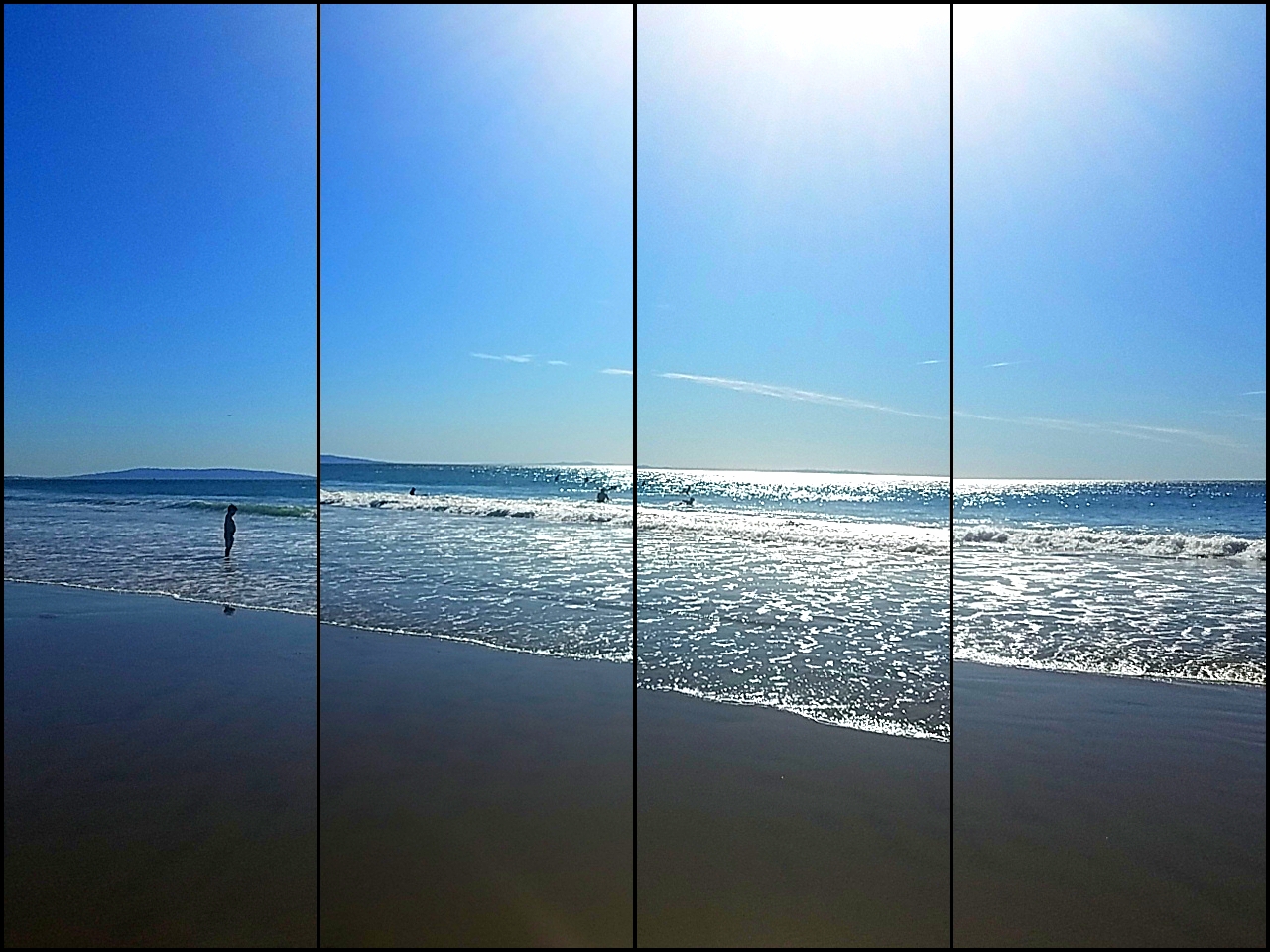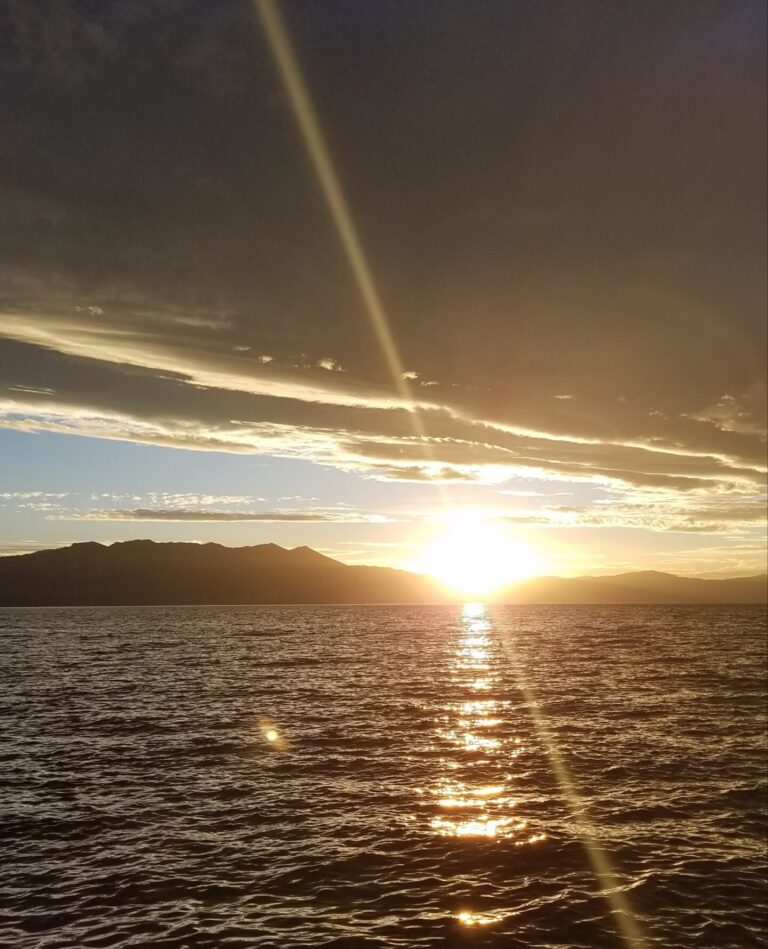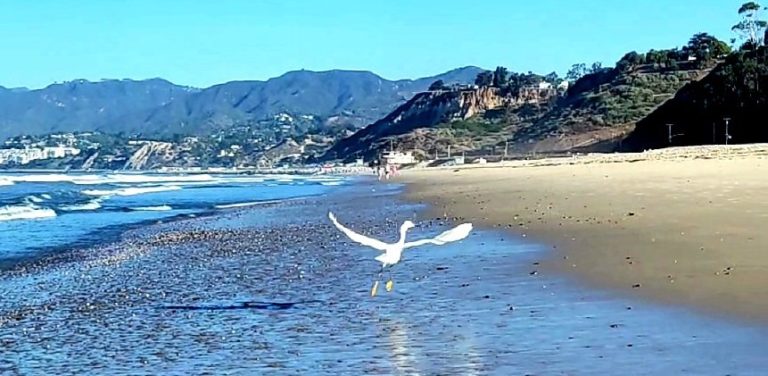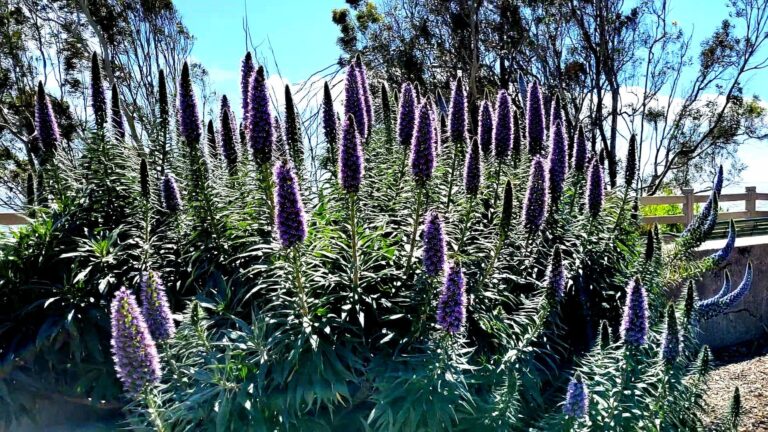Tate Lewis – 3 Poems

Crows
They are not butterflies,
spirits of renewal flapping
newly developed wings,
nor buzzards, spirits of rot
drifting on tattered, black sails.
They are not pin pricked flecks
of death, they simply crave it.
They are the gallery hissing
and jeering and chanting
while they watch us die.
My father used to point
them out, Look
they beat us here—
they are the first to circle
down from the trees
in the morning, beating
their chests and croaking
at the doves,
—we all have something to mourn.
They are always the same,
hunched shoulders and hopping limps,
murders gathering in the roads,
picking at riddled remains
of life, then disappearing
like departing deities—
plumes of dissipating smoke to strange
trees in foreign lands full
of wardrobes storing recyclable flesh
resurrecting from frowzy fields.
I met them at my father’s funeral
where truth is lost in translation.
I asked them: how far they’ve been,
what happens when the body rots,
where is he now,
does a noticing soul ever blind?
They escorted me across the parking lot,
gargling bones.
His Urns
1.
It faced Main Street in the funereal home window
surrounded by clear vases of water, baby’s breath,
tulips, roses, and some scattered succulents.
This was the first time he was the most orderly one
in the room.
I approached his smoothed corners, squared and glossy
but dry—so easy and to slide my fingers across
like seventh grade woodshop class
when I built my own box.
I don’t remember exactly how long he waited
but after we moved to Michigan he followed
and almost everyday he watched me cut, plane, sand,
nail, stain, and finish every single piece, in his wool suits,
until I had an urn.
When I held him his weight surprised me.
Five pounds of bones was heavier than I expected
but where is combustion stored?
2.
After the funereal,
his wife gave me
and my brother a choice:
gold or silver.
Born first, he went home with the gold
and I the silver.
Three thin black bands run around its center,
but everything else about it shines.
The top tapers into a steeple,
ready for worship.
These are his body parts, separated for me:
a finger, nostril, belly button, tibia, tongue, penis,
and that other guy’s liver.
They crowd a chalice the size of a shot glass
or a salt-shaker: he is uniodized, unsalty
salt of the Earth, “no longer good for anything,
except to be thrown out and trampled underfoot.”
This is the Word of the Lord.
3.
My younger sister stored her pieces of him in a Tupperware
under her bed for years until Izzy and I went to visit her in Utah.
After breakfast, we went to Jo-Ann’s
and picked out paint and brushes and a glass
jar and box. That was probably a year ago
and I have yet to see what a craft urn looks like,
but neither has she because
she hasn’t read any of my poetry yet.
Black Bird
After The Beatle’s “Black Bird”
Drench my skin in bee stings
and squid ink. Separate my flesh
and rip my veins. Clean me,
then keep going. Turn my body
into a canvas and tattoo this pain
on me so I cannot forget.
No color. No brashness. Just black.
Blacker than the quiet light
escaping from the heart of the wilderness
at the sun’s routine turn.
Hauntingly black like a shadow
ducking behind corners, beyond
vision. Like a black bird, greased
and crooked, mother nature’s
drunken muscle. Perch it
close to my ear. Make it murmur
raspy songs in between drags
of cigarettes and pulls of dark
liquor until I fall asleep to
the song my father sang to me:
Black bird singing—
in the dead of night—
take these sunken eyes—
and learn to see—
all your life.
Remind and comfort me,
he always waited for this
moment to be free.



